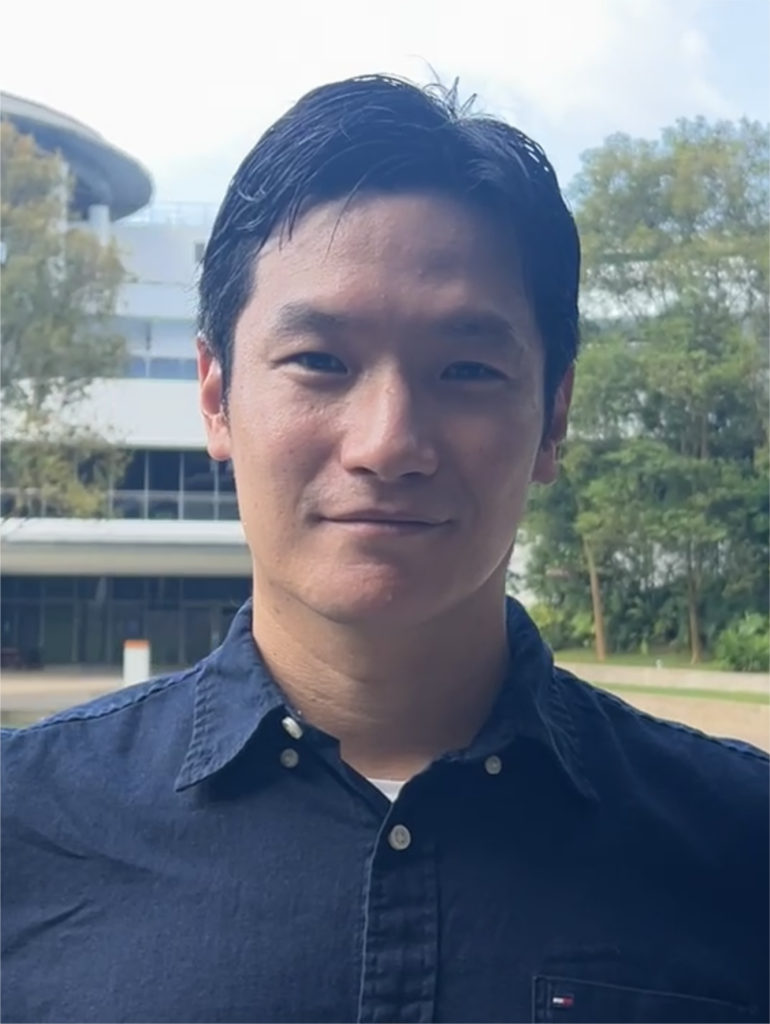Dr. Jung-Hwan Song is an assistant professor at the National University of Singapore (NUS). He received his B. and Ph.D. degrees in Physics from KAIST, where he was advised by Prof. Yong-Hee Lee, contributing significantly to our understanding of fundamental light-matter interactions. Utilizing photonic crystals, plasmonics, and Mie nanoresonators, he has demonstrated facile manipulation of the radiative properties of light-emitting atoms, molecules, and semiconductors.
After joining Prof. Mark L. Brongersma’s group at Stanford as a postdoctoral fellow and research scientist, he applied his expertise to develop novel optical devices and systems. His main research achievements include pioneering the new field of nonlocal metasurfaces, demonstrating dynamic optical nanoresonators at the sub-nanometer scale, and enhancing light-matter interactions in emerging new materials (e.g., 2D materials). His research at NUS aims to study the light matter interactions of emerging materials (such as 2D materials, QDs, perovskites, atomic defects, etc.) and utilize them to realize novel optical devices and systems that can bring societal benefits through next-generation semiconductor, communication, and quantum technologies.
Dr. Jung-Hwan Song has made significant contributions to the fields of nanophotonics and metasurfaces through various research activities. He has published 29 peer-reviewed international journal articles (SCI/SCIE), including 10 papers in Nature sub-journals, with one paper in Nature Nanotechnology and two papers in Nature Communications as the first author. He has also conducted independent research, as evidenced by his corresponding authored publication in ACS Photonics. He provides consistent service to the academic community by performing journal reviews (including two for Nature Communications) and delivering seven invited talks at conferences and workshops. His interest in practical applications has led to two granted patents (including a US patent) and six US patent applications. He has been awarded the ‘Samsung HumanTech PAPERAWARD,’ ‘Kim Bo-Jeong Scholarships’ during his Ph.D., and the ‘K-NRF Postdoctoral Fellowship’ during his postdoctoral period. During his time at Stanford, he played central roles in the proposals and execution of funded projects with major tech companies, including Samsung, Sony, and Magic Leap, securing over $700,000 USD in funding.


